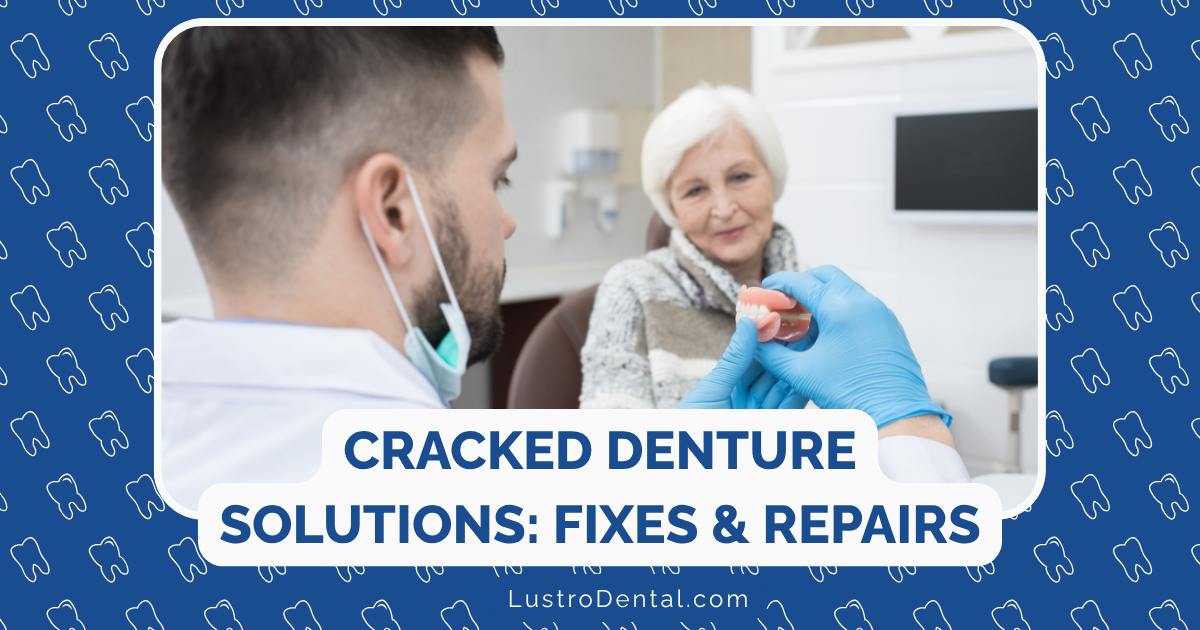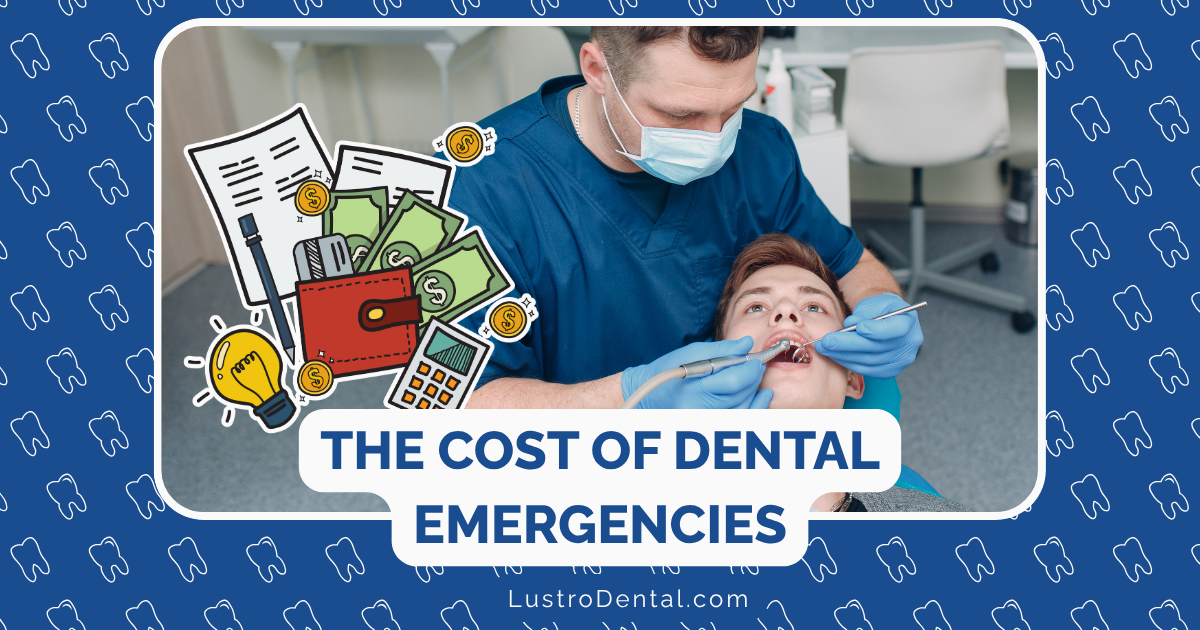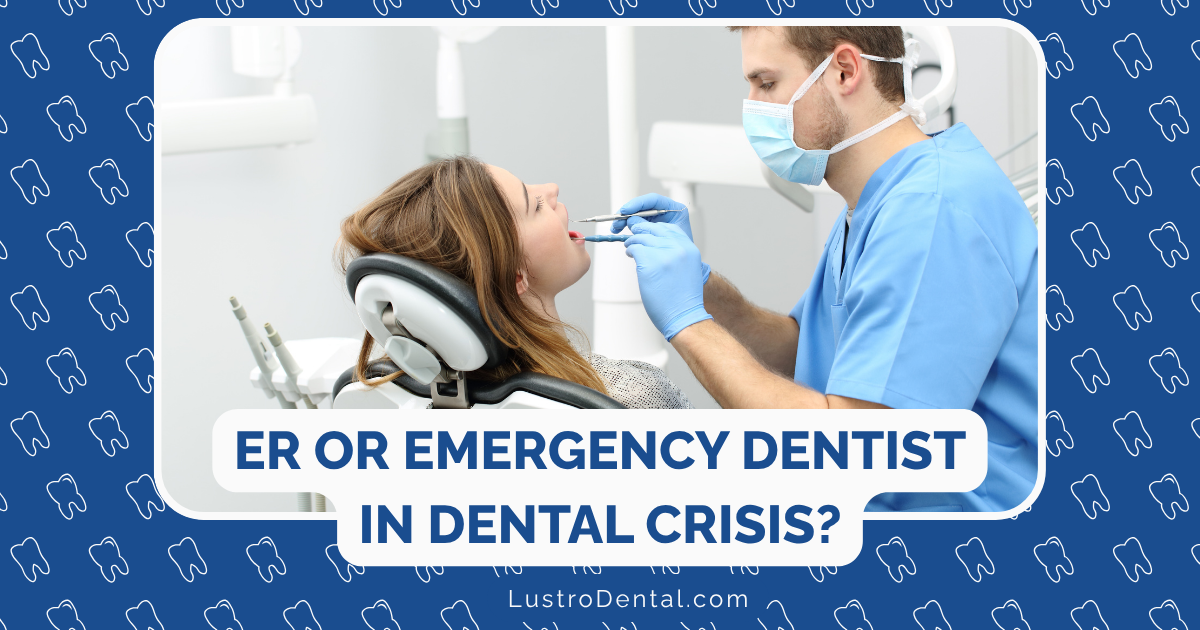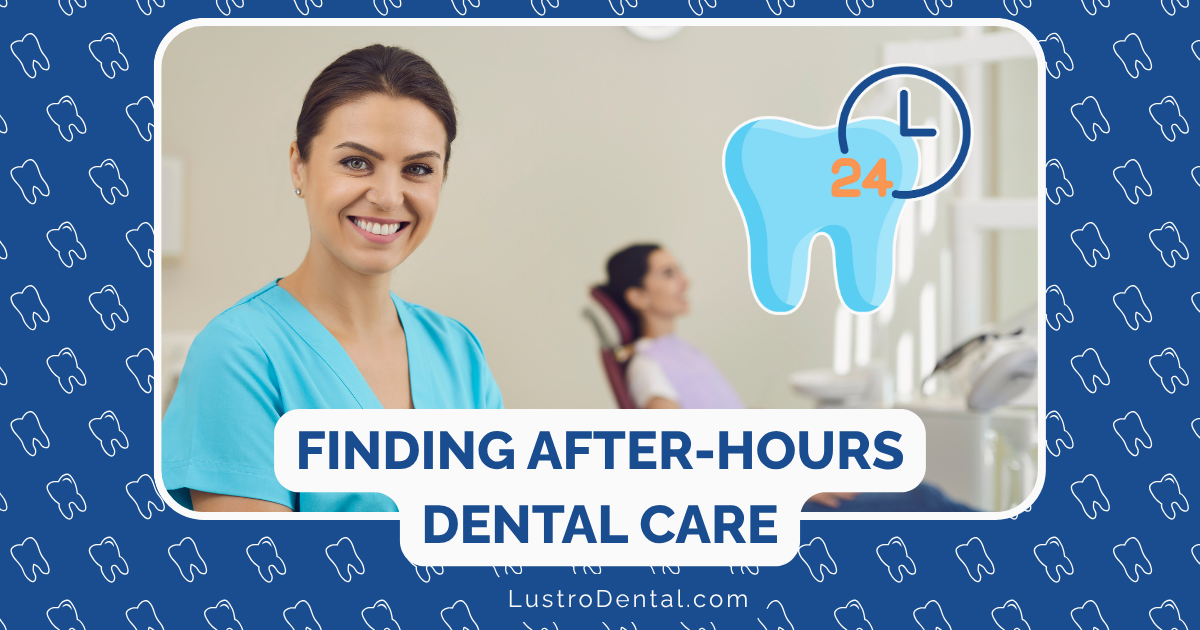Cracked Denture Solutions: Temporary Fixes and Permanent Repairs

It always seems to happen at the worst possible moment. You’re getting ready for an important event, or perhaps you’re away on vacation, when you hear that dreaded sound—the crack of your dentures. Suddenly, you’re faced with not only potential discomfort but also the social anxiety that comes with a damaged smile.
I’ve guided many patients through this exact situation, and I understand the panic that can set in. The good news? You have options, both for immediate temporary relief and for long-term solutions.
In this guide, we’ll explore practical approaches to handling cracked dentures, from emergency fixes you can do at home to professional repairs that restore your dentures to their original condition. Let’s get you smiling confidently again as quickly as possible.
Understanding Denture Damage: Types and Causes
Before diving into solutions, it helps to understand what might have caused your dentures to crack in the first place. This knowledge can help prevent future incidents.
Common Types of Denture Damage
- Hairline Cracks: Small, sometimes barely visible cracks that may not affect fit immediately but can worsen over time.
- Complete Fractures: When the denture breaks into separate pieces, often making it unwearable without repair.
- Chipped or Broken Teeth: Individual prosthetic teeth that become damaged or detach from the base.
- Warped Base: Dentures that have changed shape due to improper storage or exposure to heat.
Why Dentures Break
Understanding the causes can help prevent future damage:
- Dropping: The most common cause—dentures falling onto hard surfaces
- Improper Fit: Dentures that don’t fit correctly create pressure points that can lead to fractures
- Normal Wear and Tear: Even the best dentures have a lifespan of 5-10 years
- Temperature Changes: Exposure to very hot water can warp acrylic dentures
- Chewing Hard Foods: Nuts, hard candies, and ice can create excessive pressure
- Changes in Mouth Structure: As your jawbone naturally changes shape over time, dentures may become stressed in new areas
Emergency Temporary Fixes for Cracked Dentures
When your dentures crack and you can’t immediately see a dentist, these temporary solutions can help you manage until professional help is available.
Denture Repair Kits: Your First Line of Defense
Denture repair kits are available at most pharmacies and provide materials for basic repairs. According to Imagine Dental Arizona, these kits typically include:
- Acrylic resin powder and liquid
- Bonding material
- Application tools
- Detailed instructions
To use a repair kit effectively:
- Clean and dry the denture thoroughly
- Align the pieces carefully, ensuring they fit together perfectly
- Mix the materials according to the package instructions
- Apply the mixture to the crack or break
- Hold the pieces together firmly for the recommended time
- Allow to set completely before wearing
Products like the Dentemp Repair-It Denture Repair Kit can be effective for short-term fixes, but manufacturers typically warn that these repairs should not be relied upon for more than 30 days.
When to Consider Denture Adhesive as a Temporary Solution
For minor cracks where the denture is still in one piece, denture adhesive can provide temporary stability:
- Clean the denture thoroughly
- Apply a thin layer of adhesive to both sides of the crack
- Press the areas firmly together
- Allow to set according to package instructions
This approach works best for hairline cracks and should only be used for a few days while arranging professional repair.
Orthodontic Wax: Protecting Your Gums
If your broken denture has sharp edges that could irritate your gums:
- Identify any sharp areas on the denture
- Apply orthodontic wax (available at pharmacies) to these areas
- Mold the wax to create a smooth surface
This won’t repair the denture but can make it more comfortable to wear briefly until proper repairs can be made.
The Super Glue Question: Proceed with Extreme Caution
Many people ask about using super glue (cyanoacrylate) for denture repairs. While it may seem like a quick fix, Legacy Dental advises extreme caution:
- Super glue contains toxic chemicals not designed for oral use
- The bond typically fails within days, often at inconvenient times
- It can permanently damage the denture material, making professional repair more difficult
- It may cause chemical burns to oral tissues
If you absolutely must use super glue in an emergency:
- Use the smallest amount possible
- Keep it away from areas that contact your gums
- Consider it a very short-term solution (hours, not days)
- Inform your dentist that you’ve used it when seeking professional repair
The Limitations of DIY Denture Repairs
While temporary fixes can get you through an emergency, it’s important to understand their limitations:
Health Considerations
- DIY repairs may leave rough surfaces that irritate gums
- Improperly repaired dentures can create pressure points leading to sores
- Bacteria can collect in cracks and poorly repaired areas
- Materials in repair kits aren’t designed for long-term oral use
Functional Limitations
- Home repairs rarely restore the original strength of the denture
- The bite alignment may be slightly off, affecting chewing
- Repaired areas are more susceptible to future breakage
- Temporary fixes often fail at inconvenient moments
According to Denture Living, while DIY solutions can help in a pinch, they should never be considered permanent solutions.
Professional Denture Repair: The Gold Standard
For lasting repairs that restore both function and appearance, professional denture repair is essential.
What Professional Repairs Can Address
Dental professionals can effectively repair:
- Complex fractures
- Multiple breaks
- Chipped or missing teeth
- Warped bases
- Fit issues that contributed to the original break
The Professional Repair Process
When you visit a dentist or denturist for repair, the process typically involves:
- Assessment: Evaluating the extent of damage and determining if repair is possible
- Impression: Sometimes a new impression is needed to ensure proper fit
- Professional Repair: Using specialized materials and techniques to restore the denture
- Adjustment: Ensuring the repaired denture fits properly and functions correctly
- Polishing: Creating a smooth finish that won’t irritate tissues
Timeframe for Professional Repairs
The time required for professional repairs varies:
- Simple repairs may be completed same-day or while you wait
- More complex repairs typically take 1-3 days
- Repairs requiring lab work might take up to a week
Many dental offices offer expedited services for denture emergencies, recognizing the importance of this essential prosthetic.
Cost Considerations
Professional denture repairs vary in cost depending on:
- The complexity of the break
- Whether teeth need to be replaced
- If adjustments to the fit are required
- Your location and the specific dental office
Most repairs cost between $100-300, which is significantly less than the cost of new dentures. Many dental insurance plans provide at least partial coverage for denture repairs, making professional fixes more affordable than you might expect.
When to Replace Rather Than Repair
Sometimes, replacement is a better option than repair. Consider a new denture if:
- Your current dentures are more than 7-10 years old
- This is not the first time they’ve broken in the same area
- The fit has become poor, contributing to the break
- The denture has multiple or complex fractures
- You’re experiencing recurring discomfort even after repairs
Preventing Future Denture Damage
An ounce of prevention is worth a pound of cure, especially when it comes to dentures:
Proper Handling Techniques
- Always handle dentures over a folded towel or basin of water
- Hold dentures firmly but gently when cleaning
- Remove and insert with even pressure, avoiding twisting motions
Effective Cleaning Practices
- Clean dentures daily with proper denture cleaners, not abrasive toothpastes
- Brush gently with a soft-bristled denture brush
- Rinse thoroughly after meals
Safe Storage When Not Worn
- Store dentures in a denture bath with clean water or denture solution
- Never use hot water, which can warp the acrylic
- Keep dentures in a consistent, safe location when not in use
Regular Professional Check-ups
- Have dentures professionally examined at least once a year
- Don’t ignore minor issues that could lead to major breaks
- Consider professional relines every 2-3 years as your mouth naturally changes
Real Patient Experience: Martha’s Story
Martha, a 72-year-old patient of mine, was preparing for her granddaughter’s wedding when she dropped her upper denture on the bathroom tile. The denture split right down the middle, and the wedding was just three days away.
In a panic, she used a store-bought repair kit as a temporary measure. It held long enough for her to get through the rehearsal dinner, but she was worried about the wedding day. She came to our office the morning before the wedding, and we were able to provide a same-day professional repair.
“I was so relieved,” Martha told me later. “The temporary fix got me through the emergency, but having it professionally repaired gave me the confidence to smile in all those wedding photos without worrying about my denture suddenly coming apart.”
Final Thoughts: Balancing Immediate Needs with Long-term Solutions
A cracked denture is undoubtedly stressful, but with the right approach, you can manage both your immediate needs and long-term oral health. Temporary DIY solutions serve an important purpose in emergency situations, but professional repair remains the gold standard for safety, durability, and comfort.
Remember that your dentures are an investment in your quality of life—affecting not just your appearance but also your ability to eat, speak, and maintain proper oral health. Treating them with care and addressing damage promptly will help ensure they serve you well for years to come.
Have you experienced a denture emergency? What solutions worked best for you? Share your experiences in the comments below to help others who might be facing similar situations.







